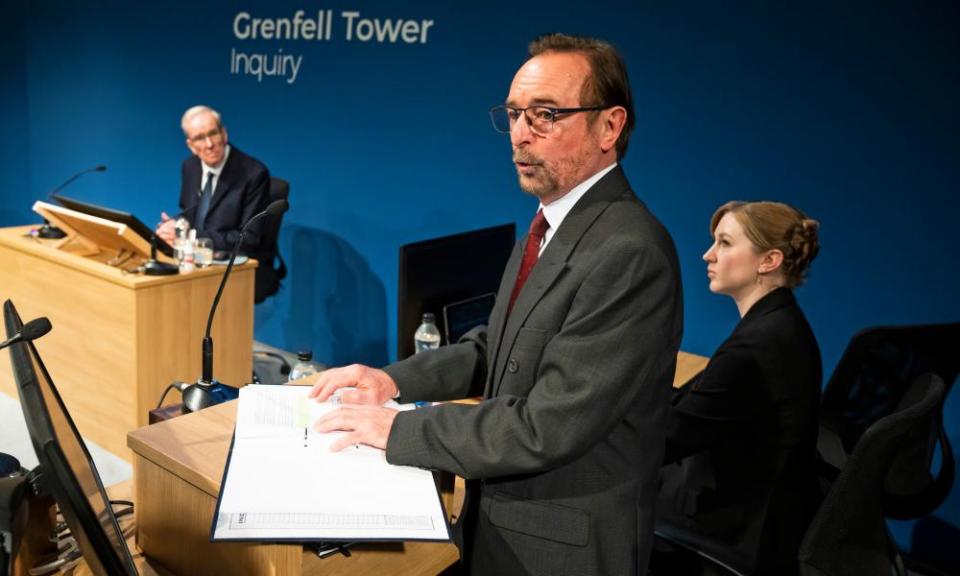The Treaty shows history in the making – and proves the power of political theatre
Colin Murphy’s remarkable play takes us behind closed doors as high-stakes negotiations for Irish independence take place
‘I wanna be in the room where it happens,” sings Aaron Burr in Hamilton. Since most of us have the desire to know what goes on behind closed doors, there is a riveting fascination to Colin Murphy’s play The Treaty, about the Anglo-Irish Treaty, the centenary of which falls on 6 December. Fishamble recently staged the play in Dublin and I caught it at the Irish embassy in London where it has a handful of performances before being streamed next week. It is a remarkable piece of political theatre.
Murphy has compressed two months of negotiation into 90 minutes. The Dublin delegation led by Arthur Griffith, the founder of Sinn Féin, and Michael Collins come to London in 1921 seeking formal recognition of an Irish republic independent of the British empire. The British team, spearheaded by the prime minister David Lloyd George and colonial secretary Winston Churchill, are equally determined to keep Ireland within the empire and protect the rights of Ulster’s six counties. Gradually, the two sides edge towards compromise with the last-minute signing of a treaty that has huge consequences for the countries and the individuals involved.
Murphy makes brilliantly clear what is at stake. The diehards on the Irish side want to reject any treaty that involves allegiance to the crown. Meanwhile, Lloyd George argues that, for Britain, solving the Irish question is the key to all politics and Churchill claims that “any government that facilitated a republic would be smashed to atoms”. But Murphy also shows that in politics the devil is in the details and that compromise can be achieved through alteration of a single phrase. How about, asks the British lawyer Lord Birkenhead, if we leave out the word “empire” and substitute “Commonwealth of Nations”?
I was gripped by Conall Morrison’s production, which contains some of the best gender-blind casting I have seen: Karen Ardiff as Griffith, Jane Brennan as Éamon de Valera and Camille Lucy Ross as Churchill all capture the essence of their characters. I was also reminded of other works that prove the political process is inherently dramatic. A classic example was David Edgar’s The Shape of the Table, which showed how an east European communist country’s transition to democracy hinged on forming the right seating-plan.

James Graham’s This House focused on the desperate stratagems of the Labour party from 1974 to 1979 to survive a hung parliament and a wafer-thin majority. And a whole series of tribunal plays edited by Richard Norton-Taylor and staged by Nicolas Kent, from The Colour of Justice to the more recent Grenfell: Value Engineering, have used verbatim techniques to expose the fissures in British society.
All these plays employ different methods but they prove that political theatre, often assumed to be in mortal decline, is still vibrantly alive. The Treaty, in fact, is part of an honourable tradition in that it shows drama’s capacity, by admitting us to inner counsels, to reveal history in the making. We still wanna be in the room where it happens.
• The Treaty is at the Embassy of Ireland, London, until 4 December. Then available online, 6-12 December.

 Yahoo Movies
Yahoo Movies 